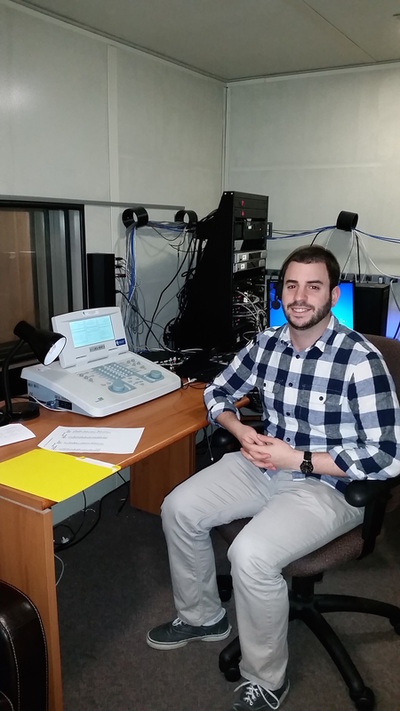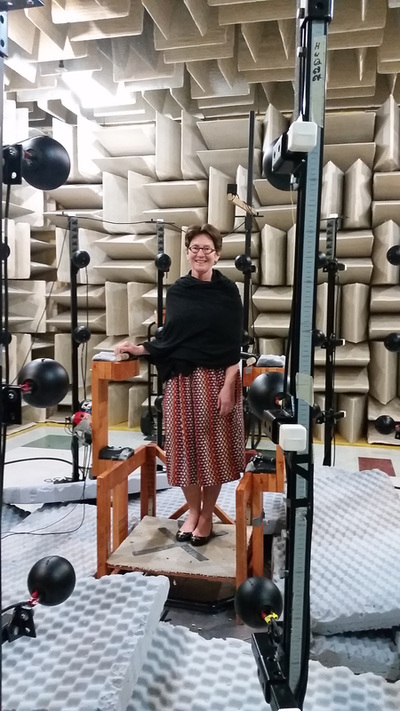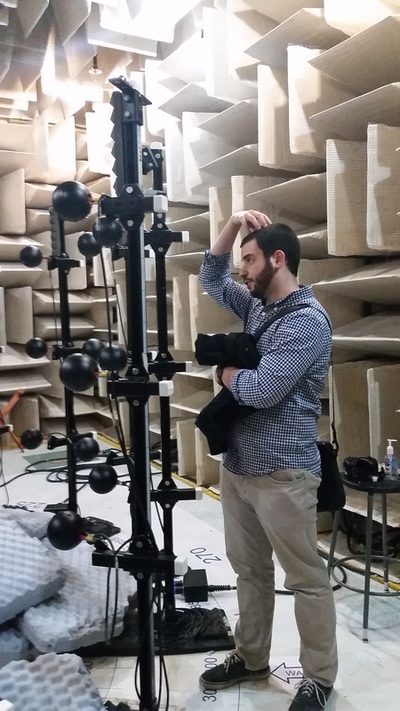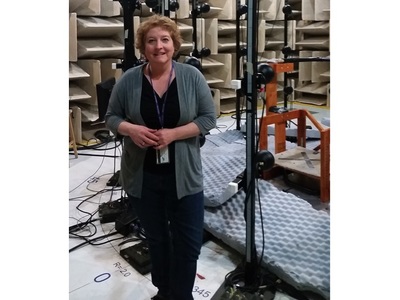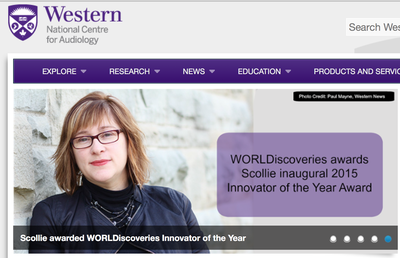Music Learning Across the Lifespan
Click here for link to final article published in
Vaisberg, Jonathan M, Martindale, Ashley T., Folkeard, Paula, Benedict, Cathy (Dec 2019). A Qualitative Study of the Effects of Hearing Loss and Hearing Aid Use on Music Perception in Performing Musicians. Journal of the American Academy of Audiology DOI: https://doi.org/10.3766/jaaa.17019
Benedict. C. (2019). Reflections from a Music Educator on Interdisciplinary Audiology Research. Canadian Audiologist, 6(3).
The Impact of Hearing Loss on the Perception of Musical Experience in Adult Musicians.
This study seeks to understand the consequences of hearing loss and hearing aid use on adult music listening and participation. While the effects of hearing loss and hearing aid use on speech perception are well established, their effects on music perception are less well understood. Due to the subjective nature of music perception relative to speech perception, it is challenging to use similar quantitative metrics to measure music perception deficits in an experimental setting.
In this study, we are obtaining qualitative descriptions of adult hearing-impaired musicians’ experiences of playing and performing music. Participants’ hearing statuses ranges from normal to severe-profound loss, whereas musical experiences ranges from less than a year to over forty years. Preliminary results show that despite beginner musicians’ hearing loss, they are generally becoming more sensitive to and aware of musical stimuli, likely as a result of increased practice, interest and participation. In contrast, more experienced musicians who are hearing aid users exhibit more variability in their sense of how they perceive music. Their experiences are subject to factors including how thy believe music is perceptually defined, the effectiveness of their hearing aids, and counseling from their audiologist. We are continuing to collect data.
Click here for link to final article published in
Vaisberg, Jonathan M, Martindale, Ashley T., Folkeard, Paula, Benedict, Cathy (Dec 2019). A Qualitative Study of the Effects of Hearing Loss and Hearing Aid Use on Music Perception in Performing Musicians. Journal of the American Academy of Audiology DOI: https://doi.org/10.3766/jaaa.17019
Benedict. C. (2019). Reflections from a Music Educator on Interdisciplinary Audiology Research. Canadian Audiologist, 6(3).
The Impact of Hearing Loss on the Perception of Musical Experience in Adult Musicians.
This study seeks to understand the consequences of hearing loss and hearing aid use on adult music listening and participation. While the effects of hearing loss and hearing aid use on speech perception are well established, their effects on music perception are less well understood. Due to the subjective nature of music perception relative to speech perception, it is challenging to use similar quantitative metrics to measure music perception deficits in an experimental setting.
In this study, we are obtaining qualitative descriptions of adult hearing-impaired musicians’ experiences of playing and performing music. Participants’ hearing statuses ranges from normal to severe-profound loss, whereas musical experiences ranges from less than a year to over forty years. Preliminary results show that despite beginner musicians’ hearing loss, they are generally becoming more sensitive to and aware of musical stimuli, likely as a result of increased practice, interest and participation. In contrast, more experienced musicians who are hearing aid users exhibit more variability in their sense of how they perceive music. Their experiences are subject to factors including how thy believe music is perceptually defined, the effectiveness of their hearing aids, and counseling from their audiologist. We are continuing to collect data.
